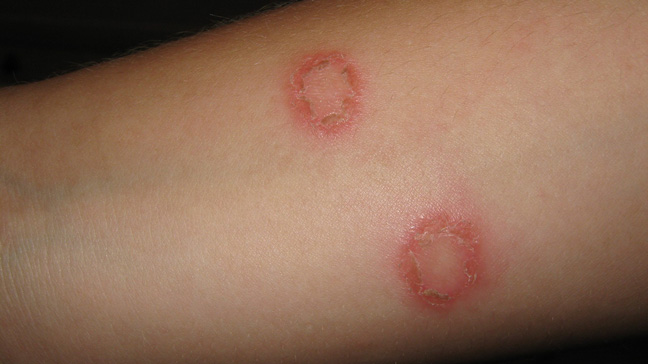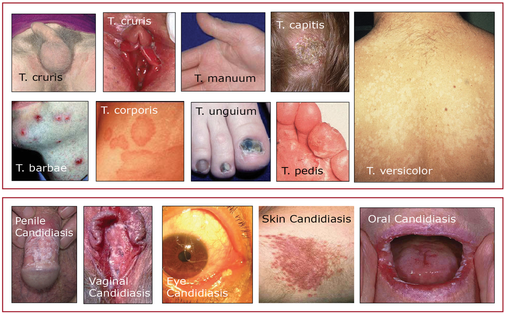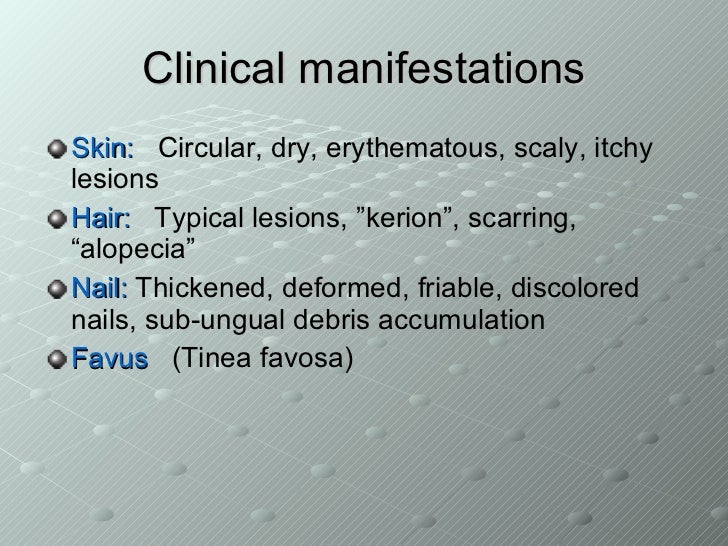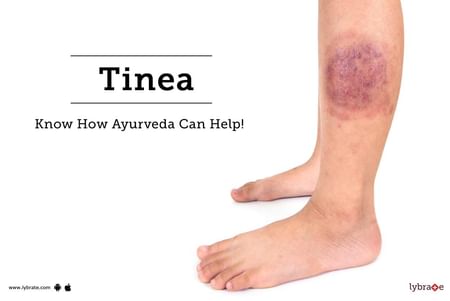108 Glen Osmond Road, Parkside

Dermatophytosis, or Tinea, is a common skin infection that is caused by a fungus. It’s also called Ringworm because it can cause a circular rash (shaped like a ring) that is usually red and itchy. The fungi that cause this infection can live on skin, surfaces, and household items such as clothing, towels, and bedding.
Types of Ringworm:- Ringworm or Tinea goes by many names based on its location on the body: –



As per the Ayurvedic philosophy, tinea is often diagnosed as dadru. The body type or the dosha involved is kapha and vata. Kapha, which is an Ayurvedic humor, symbolizes mucus. It is usually dense, sticky, and cold. Vata, also an ayurvedic humo, represents the wind. It is dry, mobile, subtle, and cold. Both kapha and vata, when present in the skin, lead to the accumulation of toxins. These toxins further collect in the deep tissues of the skin, like rakta (Blood), rasa (nutrient plasma), lasika (lymphatic), and mansa (muscles).
The toxins lead to contamination of the deeper tissues, thereby leading to the aggravation of the kapha-vata dosha, thus leading to ringworm. A third dosha that is involved is pitta. Pitta symbolizes heat or fire. It is often referred to as the tri-dosha disease, and the prime involved doshas are Kapha and Vata.

Ayurvedic Treatment :
Disclaimer : Sandeep Kumar and Anupam Vasudeva are not GP, they have Ayurveda medical degree from India where it is considered equal to any other medical degree. This qualification is recognized in Australia by vetassess governing body as Complementary Health Therapists. Life Line Ayurvedic Herbal Clinic does not claim to cure a disease or terminal illness and does not create any unreasonable expectation of beneficial treatment. Ayurvedic medicines and treatments are generally considered to be safe but rarely may be associated with possible adverse reactions in individual cases. We recommend seeking urgent medical attention in the case of an adverse reaction. This website provides you with information. You must contact your Ayurvedic or another health professional before you apply them. Read More